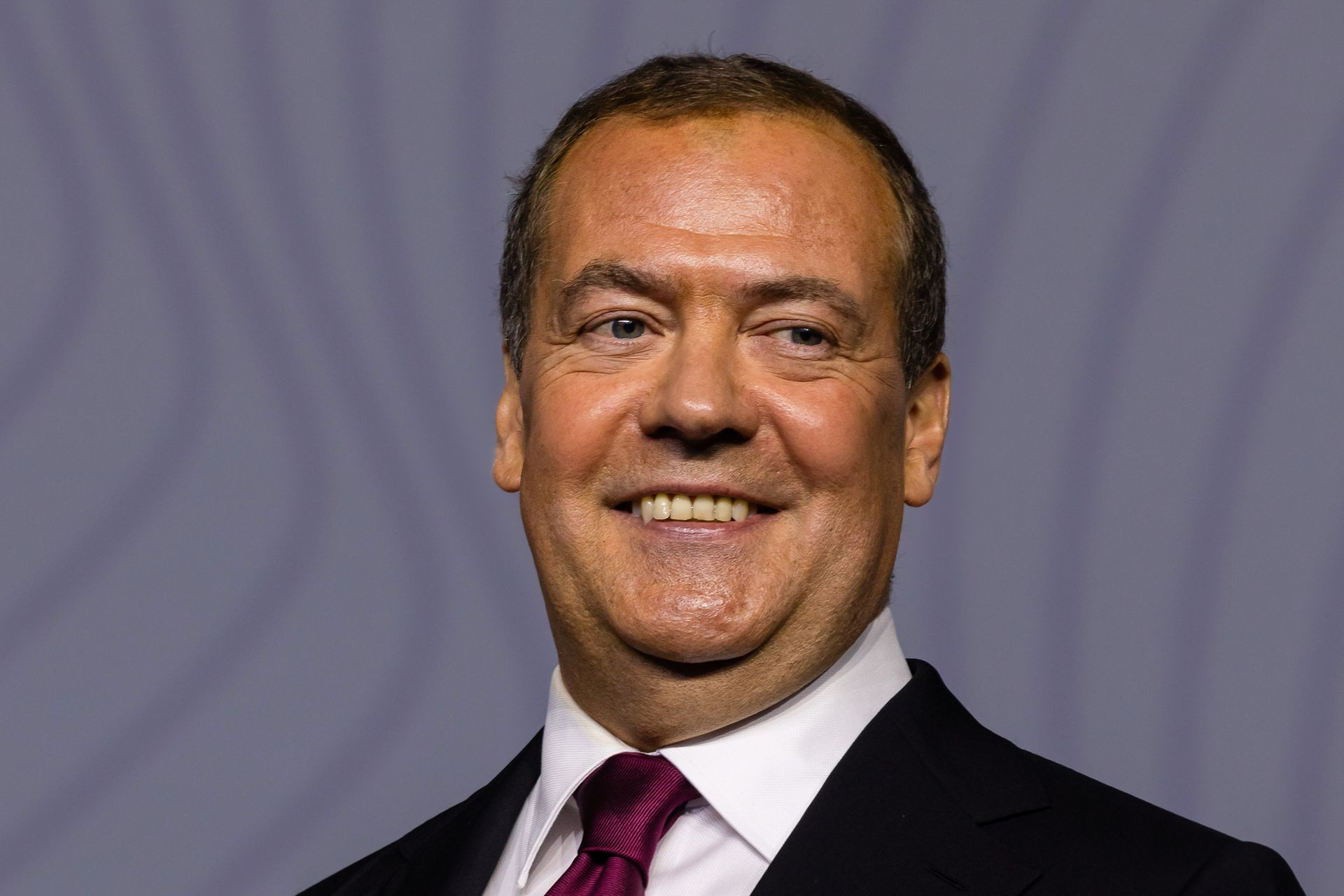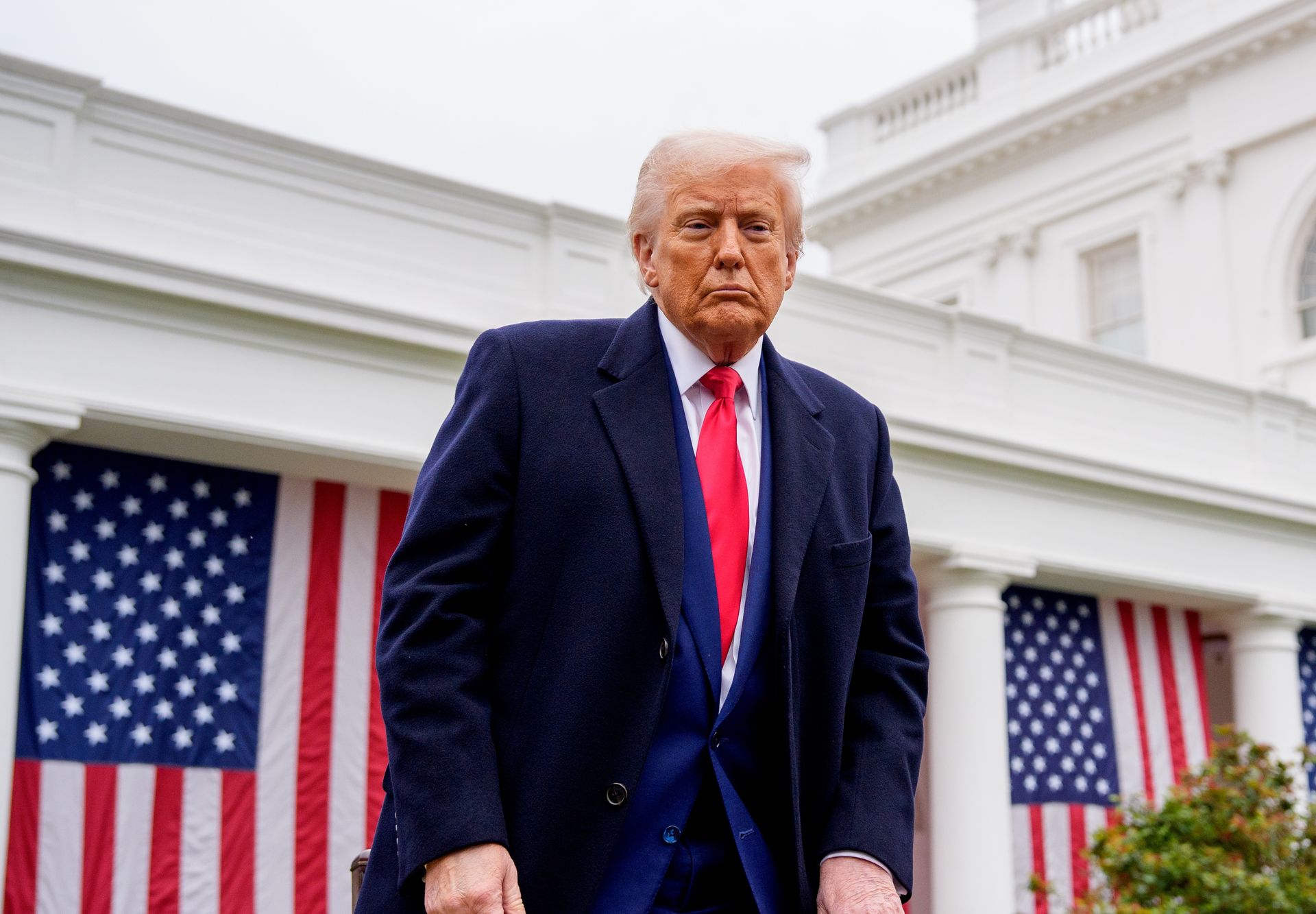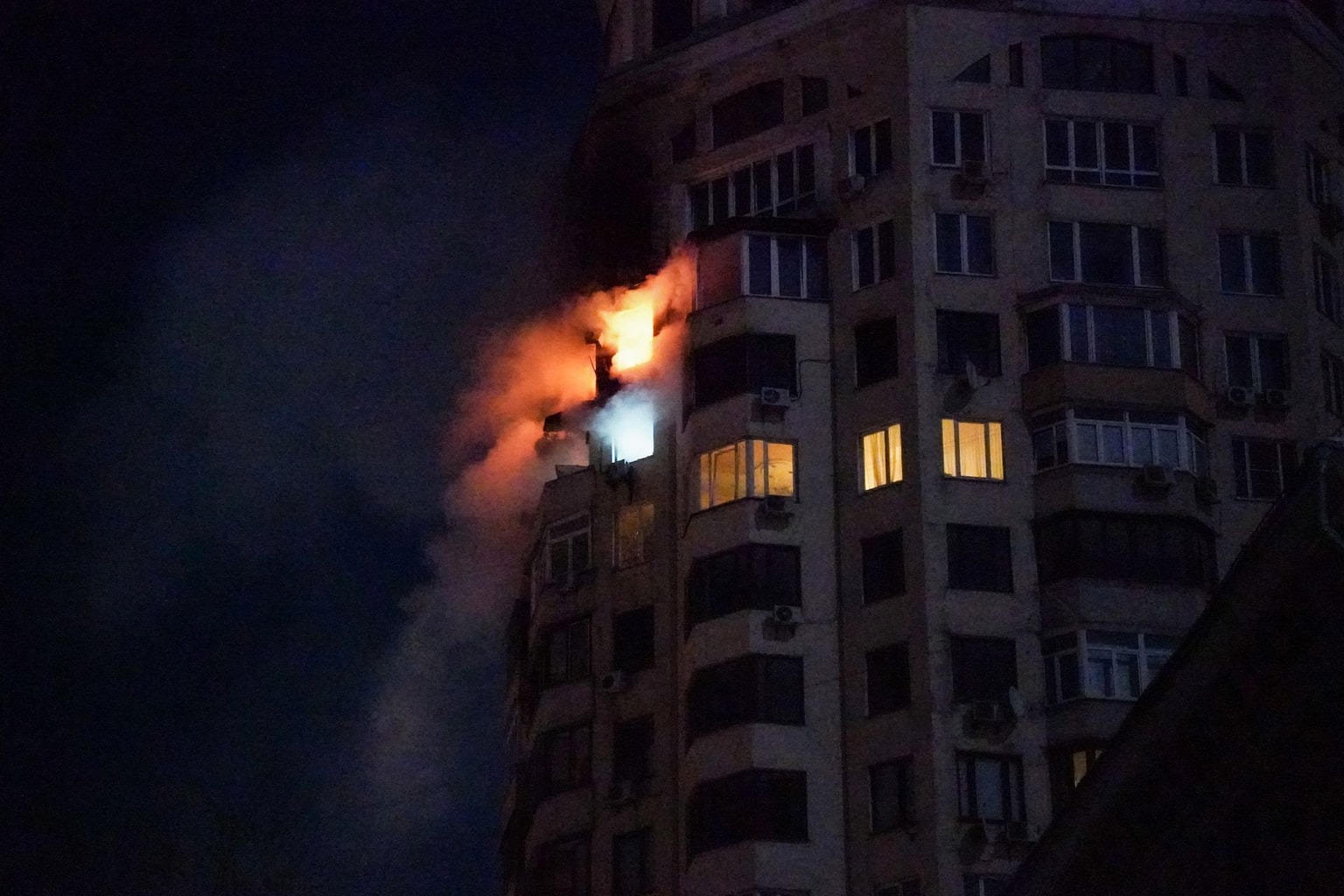Moscow proposes vague new peace talks format as Trump's rhetoric hardens further

Russia is floating a new negotiation framework just a week before U.S. President Donald Trump's self-imposed deadline to end the war in Ukraine arrives.
Russian President Vladimir Putin proposed on August 1 the creation of three working groups for new online peace talks with Ukraine — but insisted the format would remain behind closed doors.
"It was agreed that we could hold these negotiations without cameras, without any political codswallop — in a calm manner and with a focus on finding compromises. So far, those (talks) have not begun," Putin said.
Further details on the concrete aims of each proposed working group were not disclosed.
Moscow has consistently rejected a 30-day unconditional ceasefire ever since it was proposed in a joint call between Kyiv and Washington in March.
Putin blamed what he called "excessive expectations" from the West for stalled peace efforts and reiterated that Russia's demands remain unchanged: Ukrainian withdrawal from occupied Donetsk, Luhansk, Kherson, and Zaporizhzhia regions, along with permanent neutrality and a ban on NATO membership.
U.S. Secretary of State Marco Rubio confirmed that high-level U.S.-Russia talks took place earlier this week but yielded "no progress" toward a ceasefire.
"We've not seen any progress," Rubio said in a July 31 interview with Fox News Radio, adding the discussions involved "some of Putin's top people" but not the Russian president himself.
Trump has demanded a peace deal by Aug. 8, threatening "severe" new tariffs on Russia and its economic partners, including China and India, if the Kremlin fails to halt its full-scale invasion.
Despite widely held doubt that the president would follow through on such secondary tariffs, new U.S. tariffs placed on India came with a direct condemnation from Trump towards New Delhi for continuing a close miiltary and economic relationship with Russia.
As reported by Reuters, Indian state-run oil refineries have stopped imports on Russian oil in light of the announcements.
Speaking at the White House on July 31, Trump condemned Russia's recent airstrike on Kyiv, which killed at least 31 people and injured more than 150, calling the attacks "disgusting."
"Russia, I think it's disgusting what they're doing... I think what Russia's doing is very sad," Trump said.
President Volodymyr Zelensky responded to Putin's newest manoeuvers by saying Ukraine is ready for talks "at the level of leaders at any time" — but only if Moscow shows a genuine willingness to end the war "with dignity."
"We understand who makes the decisions in Russia," Zelensky said on Aug. 1.
Russian Foreign Minister Sergey Lavrov also said on Aug. 1 that talks with the U.S. on Ukraine had been "substantive" and "fruitful." He credited Trump's pressure for prompting Ukraine to agree to restart talks in the Istanbul format and said Russia had proposed forming working groups on political and military issues.
Lavrov suggested the U.S. was now more ready to understand the "root causes" of the war — repeating a phrase often used to explain Moscow's unwillingness to accept a ceasefire — adding, "It is encouraging that the United States remains open to a respectful and honest conversation."
Lavrov also accused Washington of ignoring human rights abuses against Russian-speaking populations in Ukraine — a common propaganda line used by Moscow to justify aggression.
The Kremlin continues to escalate military pressure, both on the front line and in its long-range strike campaign. The July 31 missile strike on Kyiv was the most deadly single on Ukrainian capital in the full-scale war, leaving at least 31 dead and 159 wounded, including 12 children.
Kyiv Mayor Vitali Klitschko said it was the highest number of child casualties in the capital since the start of the full-scale invasion.
In response to the deadly attack, Ukraine's Foreign Minister Andrii Sybiha said the U.N. Security Council will convene an emergency meeting on Aug. 1, calling it a necessary response to "Russia's latest escalation of terror."
Former Russian President Dmitry Medvedev warned that Trump's escalating ultimatums could drive Russia and the U.S. toward direct conflict. "Each new ultimatum is a threat and a step toward war — not with Ukraine, but with his own country," Medvedev wrote on X.
On Aug. 1, Trump said he had ordered two nuclear submarines to be deployed to "appropriate regions" in response to what he called “foolish and inflammatory” rhetoric from Medvedev.
"Based on the highly provocative statements of the Former President of Russia, Dmitry Medvedev... I have ordered two Nuclear Submarines to be positioned in the appropriate regions," Trump wrote on Truth Social. "Just in case these foolish and inflammatory statements are more than just that."














